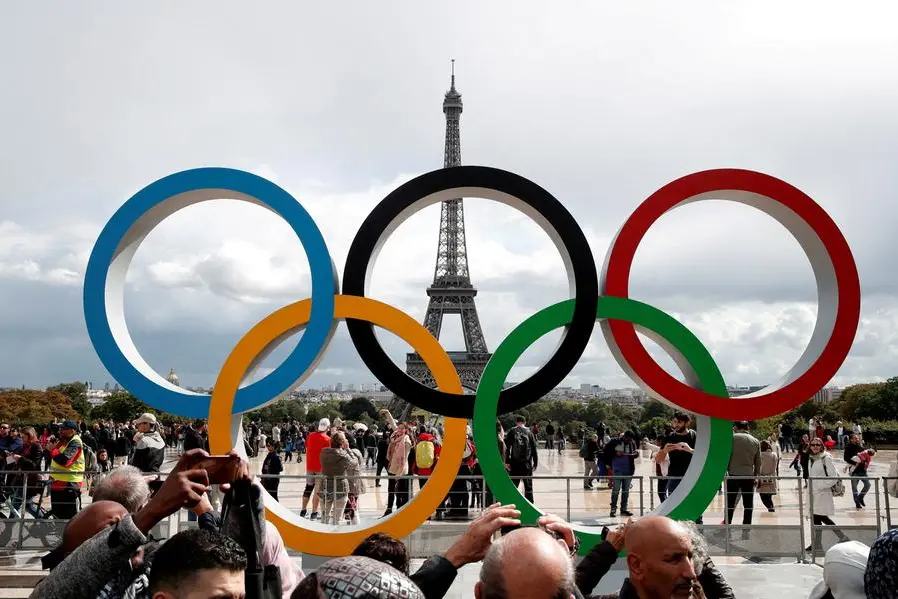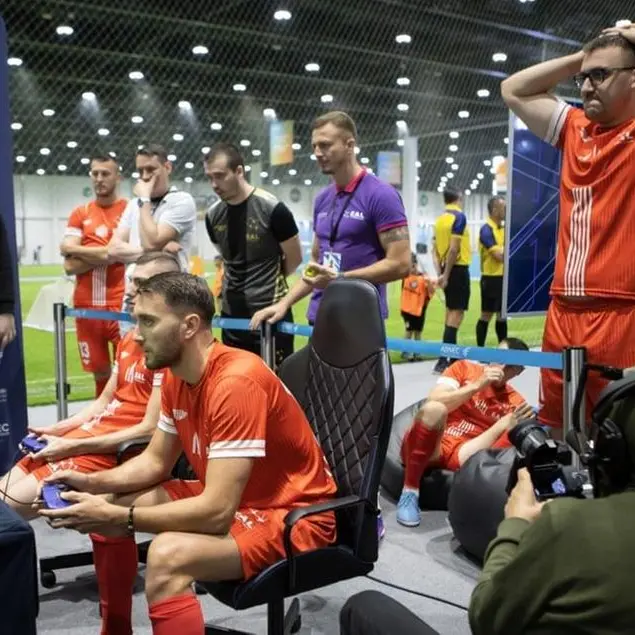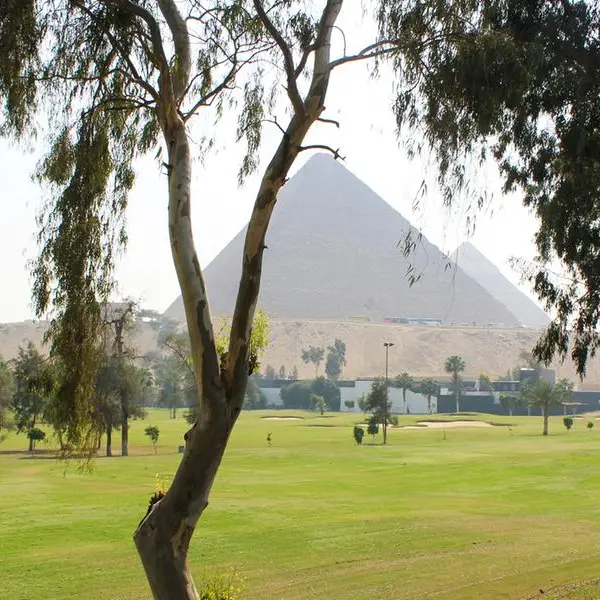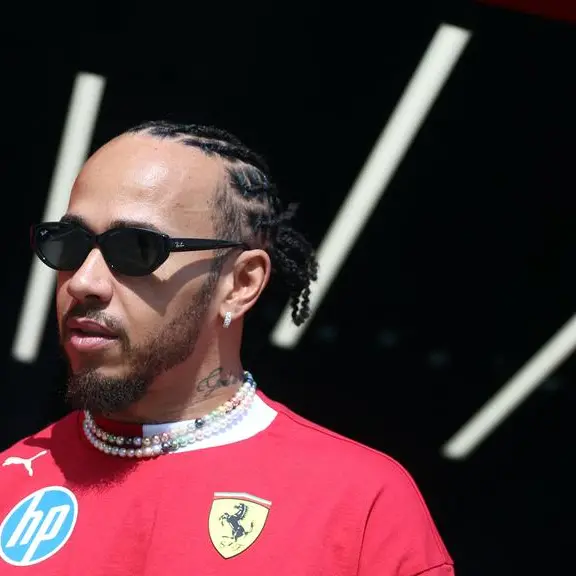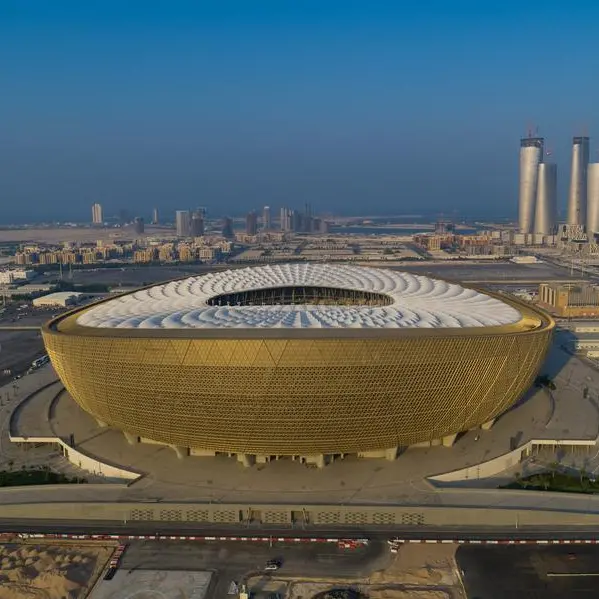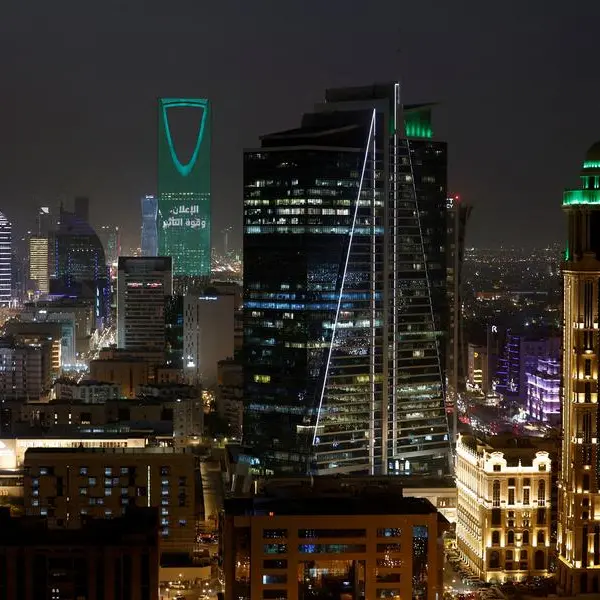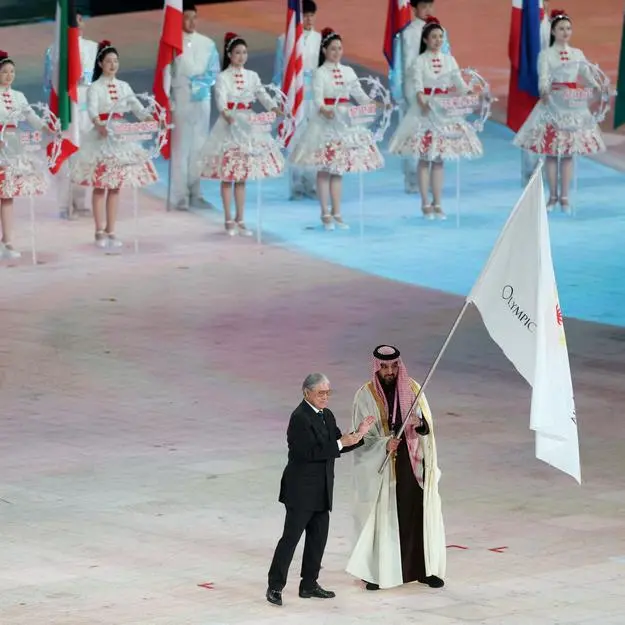PHOTO
BERLIN - The Olympic movement is facing its biggest dilemma since the Cold War: bow to demands to ban Russian and Belarusian athletes or risk the first mass boycott of the Games in 40 years. The International Olympic Committee (IOC) and several of the most powerful national Olympic committees hate the idea of a boycott of the biggest money-spinner in world sport.
After hitting rock bottom with reserves of around $200,000 after the 1980 Moscow Games boycott, the IOC now has a staggering $5.6 billion in assets.
Despite their fear of another boycott, after that in 1984 massively undermined the event, it appears the IOC are prepared to risk it in order to maintain their "non-negotiable" stance that the Games remain above and beyond politics and that athletes should not be banned due to their governments' actions.
Ukraine and its Eastern European and Baltic neighbours are leading the call for Russian and Belarusian athletes to be banned from Paris as long as Moscow's troops maintain their invasion of Ukraine, which Belarus helped facilitate.
The IOC wants Russians and Belarusians to compete as "neutrals" - with no national uniforms or flags.
On Monday, more than 30 countries including the United States, Britain and France pledged their support for banning Russian and Belarusian athletes from international competitions.
But Reuters' conversations with several Olympic officials reveal widespread support for the IOC standing firm - despite it last year initially handing the decision over Russian participation to individual sports. The association of national Olympic committees also backs the IOC position.
"If the IOC banned athletes from countries at war over the years, it would have violated the Olympic Charter and would not have given the Games its universal character where sport is above politics," said a president of a European nation's national Olympic Committee (NOC) that backs neutral participation of Russia and Belarus.
"Ukraine is not the only war or armed conflict in the world right now," the person added, speaking on condition of anonymity. Some other Olympics officials also pointed to what they saw as hypocrisy in picking and choosing which warring nations to exclude.
Ukrainian athletes accused IOC President Thomas Bach of being "on the wrong side of history" after he asked them to drop threats of a boycott.
"We have to accomplish our peace mission and that is a unifying mission of bringing people together," responded Bach.
IOC'S CONUNDRUM
"If you ever wanted a definition of being stuck between a rock and a hard place, the IOC has found itself there," long-time former IOC marketing chief and current sports media strategist Michael Payne told Reuters.
"For the IOC it has always been a red line dating back to the boycott era, that the moment governments decide on who competes, you are politicizing sport in a way that the genie is out of the bottle and you can never put it back."
Adding to the IOC's difficult position is the pressure to avoid a boycott from sponsors and broadcasters. They have utterly changed the landscape since the model for the 1984 Los Angeles Games, boycotted by what was then the Soviet Union and its supporters, where TV funding and sponsorship took off.
The IOC's TV and sponsorship income for the 1980 Games was less than $100 million but from 2017-2021 it received $7.6 billion, over 90% of it from TV rights and sponsorship. Broadcaster NBC alone paid $12 billion for rights from 2014-2032.
Despite being Ukraine's biggest ally in the war, Olympic heavyweights United States, which will host the 2028 Games, is against a boycott, an official with direct knowledge of talks at a recent Olympic Summit told Reuters.
"The USOPC (United States Olympic & Paralympic Committee) was adamant - there was absolutely no talk of a boycott from their side," the official said.
What looks certain is that the IOC will not rush to take a final decision, with the July 26-Aug. 11 2024 extravaganza still some way down the road and with many qualifying processes not starting until later this year or next year.
(Reporting by Karolos Grohmann, Editing by Mitch Phillips and Andrew Cawthorne)
